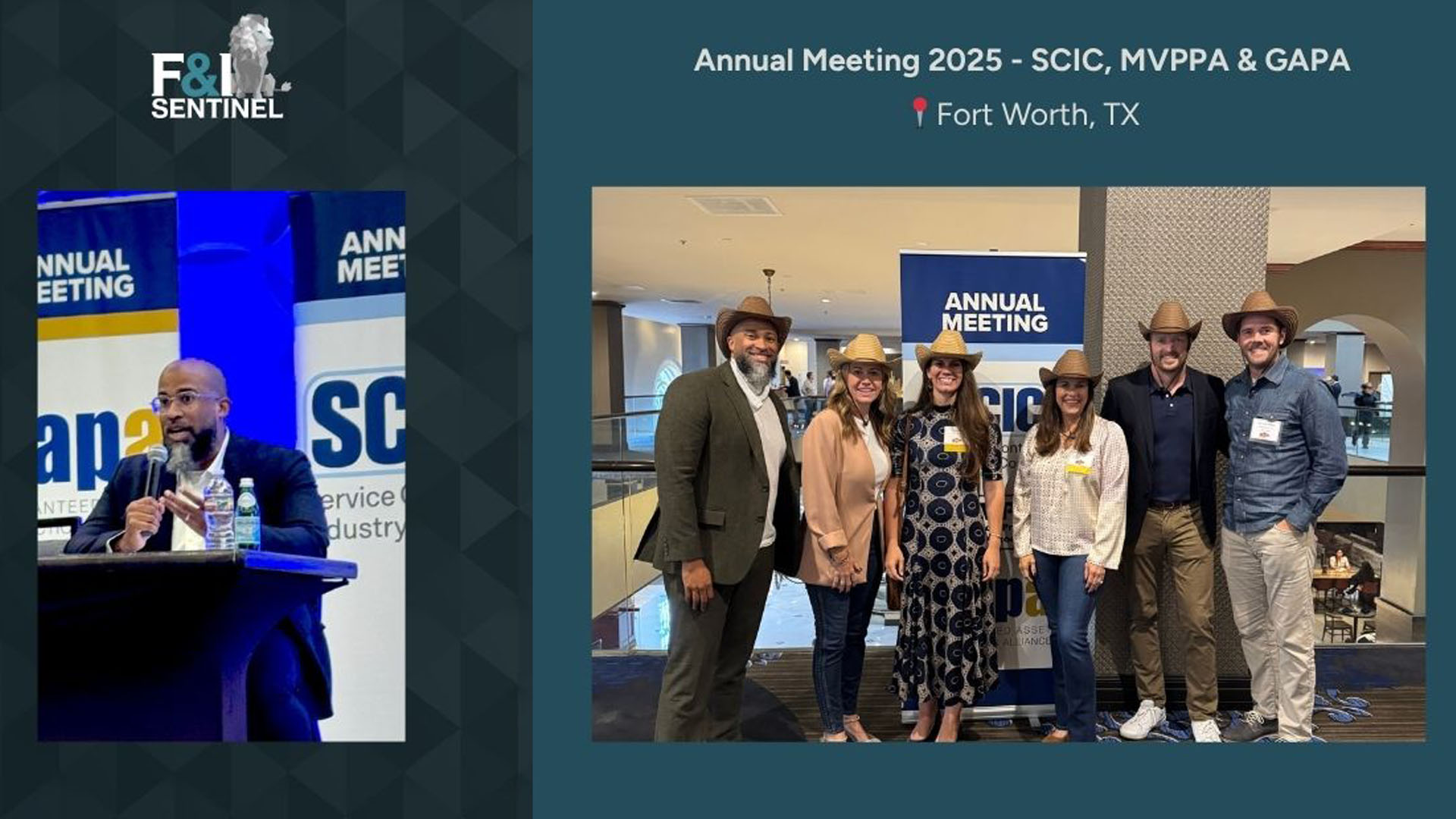As we move toward the end of 2025, several regulatory shifts—both federal and state—are set to shape the landscape for auto lenders and F&I product companies. From procedural shifts at the Consumer Financial Protection Bureau (CFPB), to new state-level compliance mandates, it behooves lenders to review servicing operational processes and controls as the new year hurtles its way to view.
CFPB Refines Its Supervisory Approach
The CFPB has finalized a rule that changes how certain supervisory designations are handled.
Effective late October 2025, the adjustment modifies the bureau’s procedures for publishing contested supervision decisions—part of a broader effort to promote fairness, transparency, and consistency in oversight across regulated markets.
While the change appears procedural, it reinforces the CFPB’s continued focus on unfair, deceptive, or abusive acts and practices (UDAAP)—a theme echoed in recent state initiatives and expected to remain central to the bureau’s broader consumer protection strategy moving into 2026.
States Step Up: California, Maryland, and Alaska Lead New Compliance Trends
Regulators across the country are taking active steps to strengthen consumer protections and refine requirements for F&I product agreements.
- Maryland: Starting in late 2025, updates to vehicle service contract standards will limit the use of exclusions tied to manufacturer technical service bulletins (TSBs). Under the new law, providers will no longer be allowed to deny claims simply because a repair issue appears in a TSB, meaning F&I product forms must be re-reviewed and revised to stay aligned with evolving expectations.
- California: New legislation expands UDAAP enforcement authority under the Department of Financial Protection and Innovation (DFPI)—building on broader efforts like the California CARS Act (SB 766) and the state’s overall focus on auto finance regulations. See our overview of California Auto Finance Regulations for related context.
- Alaska: Recent insurance legislation has introduced a requirement for pre-approval of service contracts, indicating that filings will undergo closer scrutiny before products can be marketed. This change is part of a broader trend toward increased transparency and oversight in the development and approval of finance and insurance (F&I) product agreements. For auto lenders and F&I product companies operating in the state, this underscores the necessity for careful alignment between product design, administrative practices and compliance controls.
Each of these updates demonstrates how states are layering new oversight on top of federal standards—requiring lenders and F&I product companies to integrate compliance within daily operations rather than treat it as a stand-alone review.
Why the Compliance Overlay Matters More Than Ever
As 2026 approaches, the trend is clear: regulators are expanding their focus on aftermarket products, disclosure practices and refund procedures.
The organizations best positioned to adapt will be those that treat compliance as an embedded operational discipline; maintaining both efficiency and audit readiness as market expectations evolve.
A proactive compliance posture helps ensure that updates in one jurisdiction don’t create downstream challenges in others—a crucial capability as more states take independent action on consumer protection.
Stay Informed of Regulatory Changes
These highlights represent only a portion of the regulatory activity F&I Sentinel is tracking. Our customer-only newsletters provide the full report, including effective-date timelines, state-by-state analysis, and operational insights from our compliance specialists. Subscribers receive exclusive updates each month to help ensure their organizations remain compliant, efficient, and audit-ready.
If you are interested in learning more about how new regulations or other news impacts your operations, connect with F&I Sentinel to schedule a no-obligation meeting with a member of our Concierge Compliance team today.
The information provided in this post does not, and is not intended to, constitute legal advice; instead, all information, content, and materials referenced are for general informational purposes only. Readers should contact their attorney to obtain advice with respect to any particular legal matter.


